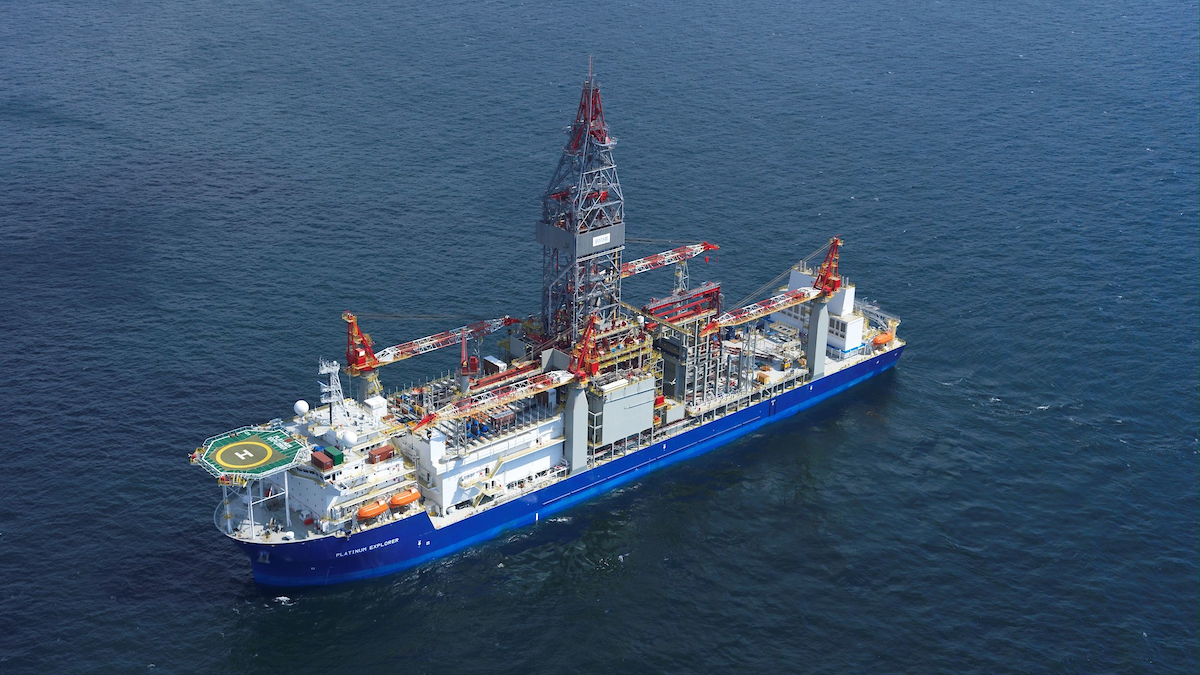Business Sectors
Events
Contents
Thoughts on DPO training, experience and certification
Ian Giddings, former technical adviser at the International Marine Contractors Association, worked on dynamic positioning for decades and recently provided OSJ with some thoughts on the topic of training for DPOs
Having now retired from full-time employment of which some 30 years involved dynamic positioning in various roles, I can present my personal thoughts on the training, experience and certification of dynamic positioning operators (DPOs).
Firstly, we seem to have lost sight of the goal, which is competent DPOs, not just certificated. The certificate is a necessary part of the process to demonstrate this competence, but in recent years, it seems to have become the 'holy grail' for DPOs and prospective DPOs. This, together with the better remuneration for DPOs and the rapid increase in the number of DP-equipped vessels before the fall in oil price, had driven a need for these certificates. The demand for DPOs for these DP-fitted vessels in turn was one of the factors leading to an increase in the number of DP training centres.
The need to complete the induction/basic course before starting to count DP time also presents a problem. For employers, they can put their prospective DPOs on the sidelines of the DP system operation to assess their suitability and aptitude to become a DPO. Furthermore, for the employer, the prospective DPO has been introduced to the ethos of the company and its procedures.
However, for those who pay for this initial course themselves, there is a risk, even when a berth is gained, that the trainees may be unsuitable for the role. If you were an employer, would you want to take that risk? Let us not forget the genesis of DP where deck officers in a company, and in some cases engineers, were given the opportunity to become proficient and competent in the operation of the DP system.
But it's not just about operating the system, it is also about contributing effectively to the whole operation. This means that an understanding of this operation and the associated risks is necessary. To reiterate, a DP certificate is an adjunct to another certificate, and the DPO should not hold such an 'exalted' individual position. The DPO is part of the onboard team charged with safely and efficiently completing the job.
My second point is that, although I agree with and support the courses necessary to contribute to the competence and gaining of the certificate, why have training centres and others not embraced, or been allowed to embrace, modern instructional and educational technology such as computer-based training (CBT)?
This could be combined into an effective training and testing regime. However, it should be remembered that one of the benefits and important parts of the classroom-based courses is the sharing of understanding and experiences.
Moving on, the emphasis on DP time, or days to be precise, has created a somewhat strange situation, because to be a DP day, two hours on the desk is required. Herein lies the problem, there is no equality of experience. One person could accrue just two hours a day over 120 days whereas another on 12-hour shifts could achieve six hours a day over 120 days to meet the requirements.
The difference is that, although both have the requisite 120 days, one has 240 hours’ experience on the DP desk whereas the other has 720 hours, three times as much. This raises the question of what is the value of the experience. I believe a qualitative rather than quantitative approach should be used, and competence should be measured through experience, task completion and assessment.
Finally, in what is an international industry, there are now three different routes to gaining certification and so three different certificate-issuing bodies. This will give many the opportunity to argue that one route is better than another, whereas in an ideal world, these should all be equivalent. There should be defined routes for transferring from one scheme to another, and there should be recognition of equivalency for all certificates. Since originally posting some of these thoughts online, I have been advised that at least one scheme addresses this issue.
In conclusion, a competent DPO should be able to demonstrate the underpinning knowledge, the training and experience and the ability to take part in the vessel operations as a DPO. Once again, these are just my thoughts based on the question I was asked just before I retired, which was, if we were starting today, how would I design a DPO scheme?
Related to this Story
Events
Maritime Environmental Protection Webinar Week
Cyber & Vessel Security Webinar Week
The illusion of safety: what we're getting wrong about crews, tech, and fatigue
Responsible Ship Recycling Forum 2025
© 2024 Riviera Maritime Media Ltd.












